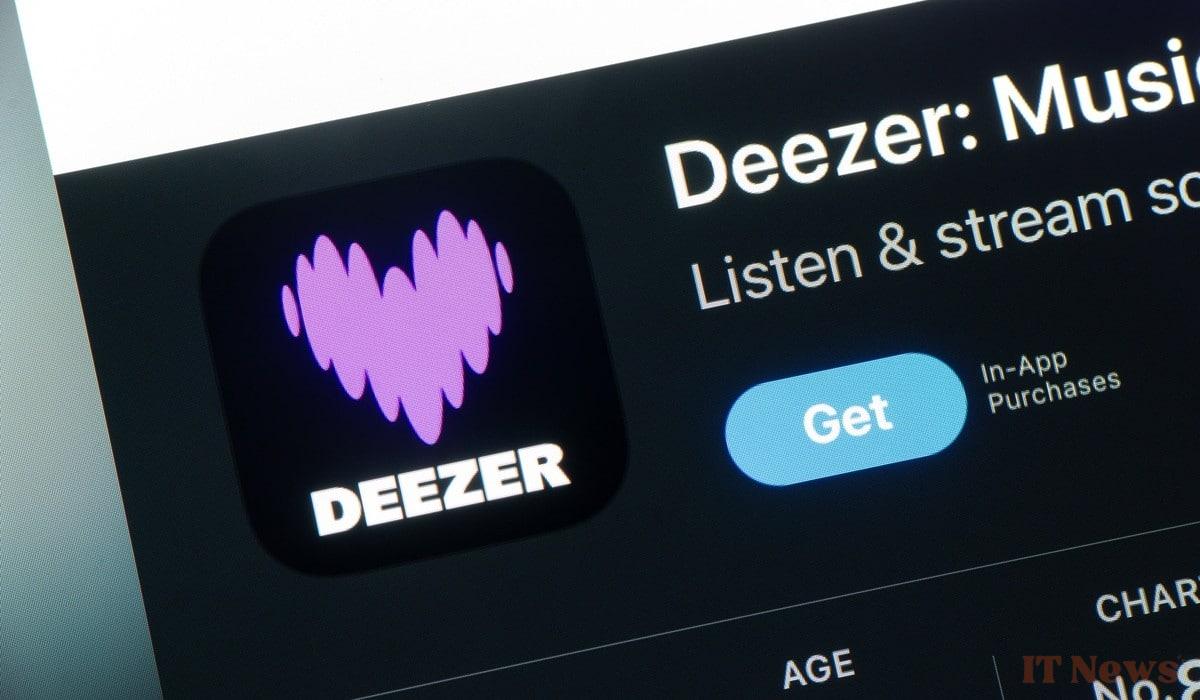After years of financial turmoil, Deezer appears to have found its footing. In 2024, the French music streaming platform is projected to generate revenue of €541.7 million, representing growth of 11.8%, a result that exceeded its initial forecasts. A performance that demonstrates a deliberate strategic shift in a sector still dominated by giants like Spotify, Apple Music, and YouTube.
AI at the service of the music catalog
One of the most striking developments of the year is the massive integration of content generated by artificial intelligence. Around 10,000 new tracks from automated processes are uploaded to the platform every day, a figure that now represents 10% of the daily tracks added.
But Deezer isn't just opening the doors to AI: the company has also developed tools capable of identifying synthetic voices. A technological safeguard, presented as a means of ensuring a certain transparency for users, while marking the contours of a creative ecosystem where automation does not rhyme with opacity.
The milestone of positive cash flow finally reached
This technological turning point is part of a broader strategy. For the first time since its creation in 2007, Deezer declares a positive cash flow. A symbolic victory for a company that went public in 2022, which has since experienced a fall in valuation and several loss-making years.
The key to this recovery? A focus on three main markets: France, Brazil, and Germany. A more targeted approach that allows Deezer to stabilize its operations while maintaining international ambitions. This reorganization is accompanied by a readjustment of the offer, combining increased personalization, strengthened partnerships and technical innovations.
Focusing on the artist-fan connection
In a world dominated by volumes, Deezer cultivates another terrain: proximity between artists and listeners. With 10 million paying subscribers, the platform remains far behind Spotify (263 million), but it seeks to stand out through the quality of the experience offered.
This involves refined personalization features, strengthened partnerships with labels — to better compensate popular artists — and direct interaction tools designed to bring creators and fans closer together. An approach that values individuality in the face of mass logic.
Encouraging signs of consolidation
In terms of profitability, Deezer continues its recovery. The adjusted EBITDA loss fell to €4 million, compared to €29 million a year earlier. A clear decline that reflects more rigorous management, also driven by the development of white-label services for other platforms.
Another loyalty lever: thematic and seasonal playlists, which have been a resounding success. These targeted selections fuel engagement, while attracting new users looking for relevant and contextualized recommendations.
Deezer, which has long chased profitability, now seems able to play its own part.



0 Comments